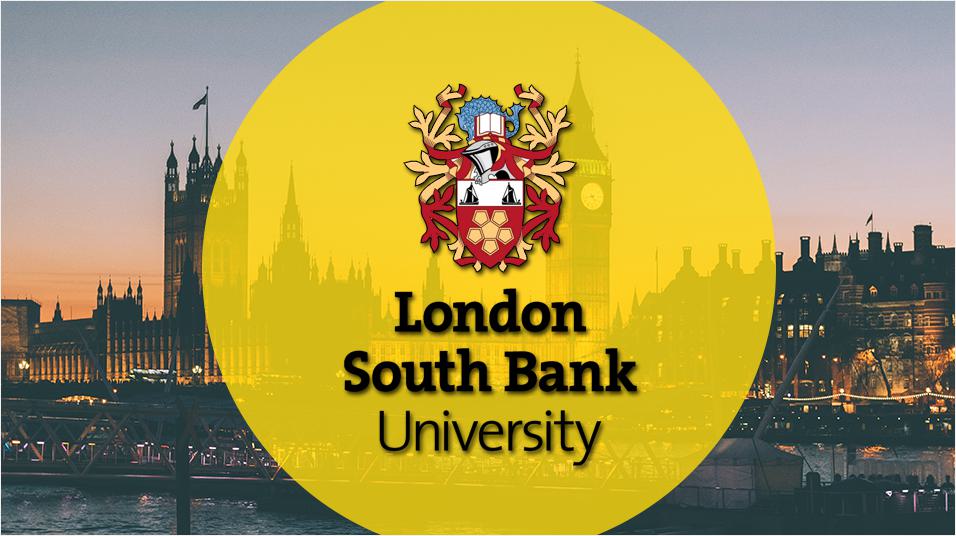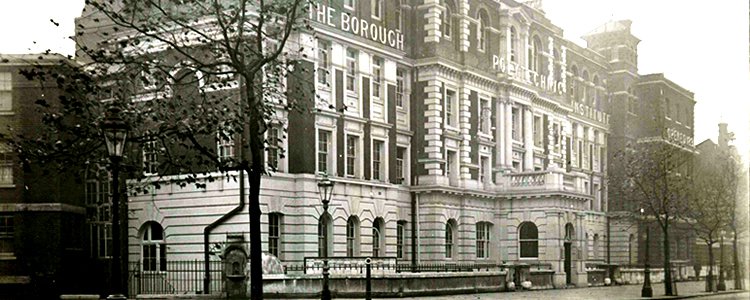Need advice? Let's talk.
Get straightforward guidance from your broadcasting partner. Schedule a call to chat with the team about your radio station.
Book DemoJournalism London: London South Bank University Showcase
How Radio.co helps Journalism London (JLDN), a radio station run by London South Bank University student, to broadcast to a wider audience online.

At Radio.co we have an incredible lineup of awesome radio stations that we'd love to share with you. Previously we looked at Cult Records, a massively popular record label founded by The Strokes frontman Julian Casablancas. This time around we're looking at the student produced radio station Journalism London.
Journalism London - Who Are They?
Journalism London, or JLDN for short, is produced by journalism students at London South Bank University (LSBU). One of London's largest and oldest university, LSBU has been at the heart of business and communities since 1892.

A lot like radio, Journalism is about creative freedom to express and publicise content wherever and whenever. JLDN has it's finger on the pulse, bringing the latest news both locally from London and worldwide from a completely fresh perspective.
What Do They Broadcast?
There are two weekly news shows by 1st and 2nd year students (JLDN News); a politics and Media show (Editorial Errors) by 1st year students; two music shows (The Great Indie Hour and Degoutant) by 1st and 2nd year students with reports from live gigs; a show on relationships by Film students (Breaking Free); and a business show (Money Matters) by 1st year students and the lecturer.
The Great Indie Hour is a collection of the best tracks from the team at JLDN, spiced with old classics and upcoming artists that are worth checking out. Tune into their shows on your Android phone here.
JLDN Interview
Can you tell us about Journalism London (JLDN)?
JLDN is the radio station of the Journalism students at the London South bank University. The aim of JLDN radio is to become a platform for the LSBU journalism students to promote their work and gain practical experience covering local news and offering a student-led view on current affairs and entertainment.
In collaboration with students and staff of other LSBU departments it aims to promote the work and research done in the University.
What are the main challenges journalists face today?
Journalism faces a series of serious challenges these days starting with a volatile work environment that usually offers little in terms of job security. From an editorial perspective, journalists are faced with an overload of not always easily verified information that they need to process and turn into stories, The latest debate regarding 'fake news' is related to that.
Finally, journalists need to update or develop new narrative techniques as new technologies challenge existing story telling structures. The development of news stories for platforms such as Snapchat is a good example of this.
How has online radio helped journalist students develop their skills?
JLDN is integral to the development of journalistic skills. Students learn in class how to make radio packages and conduct interviews which are then used in the radio programmes. Editorial briefs from programmes get discussed in class to develop appropriate elements for the programme needs.
Through their work in the programmes, students learn team-work, editorial hierarchy structures and dealing with a variety of editorial issues. When appropriate, guests at programmes are also guests in lectures. Last -and definitely not least- students get invaluable experience in how to conduct themselves professionally in a broadcasting work environment.
How have students used Radio.co to promote shows and get their voices' heard?
Students are producing a number of programmes in news and current affairs, music and personal development. Currently we are running two weekly news shows by 1st and 2nd year students (JLDN News); a politics and Media show (Editorial Errors) by 1st year students; two music shows (The Great Indie Hour and Degoutant) by 1st and 2nd year students with reports from live gigs; a show on relationships by Film students (Breaking Free); and a business show (Money Matters) by 1st year students and the lecturer.
All shows are live and are being repeated at other times and days during the week. All other times a playlist with a selection of student shows and packages is broadcast.
Where do you see the future of journalism headed and what type of role will technology play?
The development of technology has always gone hand in hand with the development of journalistic practice with each new medium or platform offering a new way to tell a story to its specific audience. In an environment that offers a vast number and variety of information from countless news sources, journalism will stay central in making sense of it all.
We are still in a rapidly changing environment with new platforms emerging while others have not realised their full potential yet -podcasting is a good example. Current affairs offer also huge editorial challenges in dealing with the big stories of the day such as the immigration crisis.
These are exciting times and the development of robust and adaptable editorial and managerial structures offer journalists the opportunity to tell their stories in new the ways that technology provides, attracting new audiences.
Journalism London are just one of many educational radio stations that have found success through Radio.co. Whether that's schools, colleges, or universities. Students gain real world experience running their own shows, faculty and students collaborate together, and a branded stations showcases the institute. For more on how internet radio can help your education then head here.
Did you know that you can get started today and be up broadcasting in minutes! Create your own radio station now and try Radio.co with a 7 day free trial by clicking the button below.



